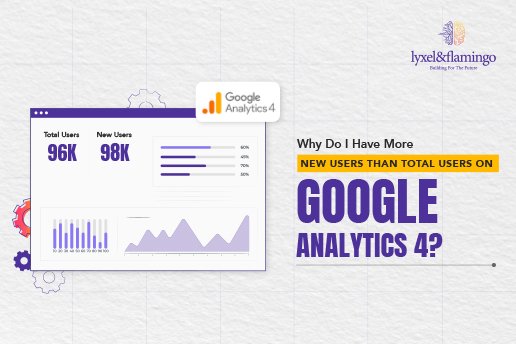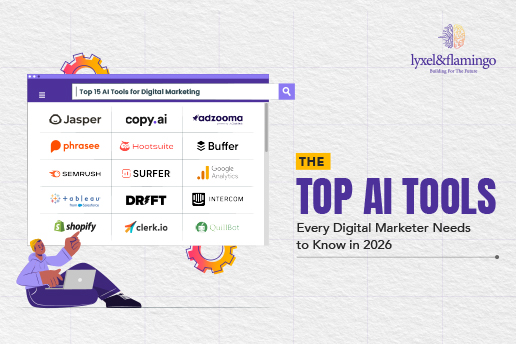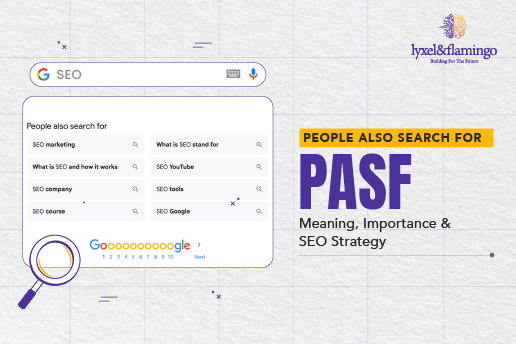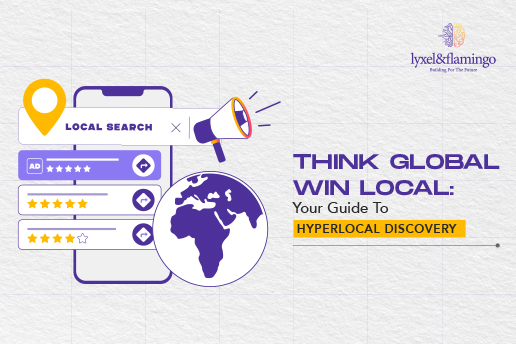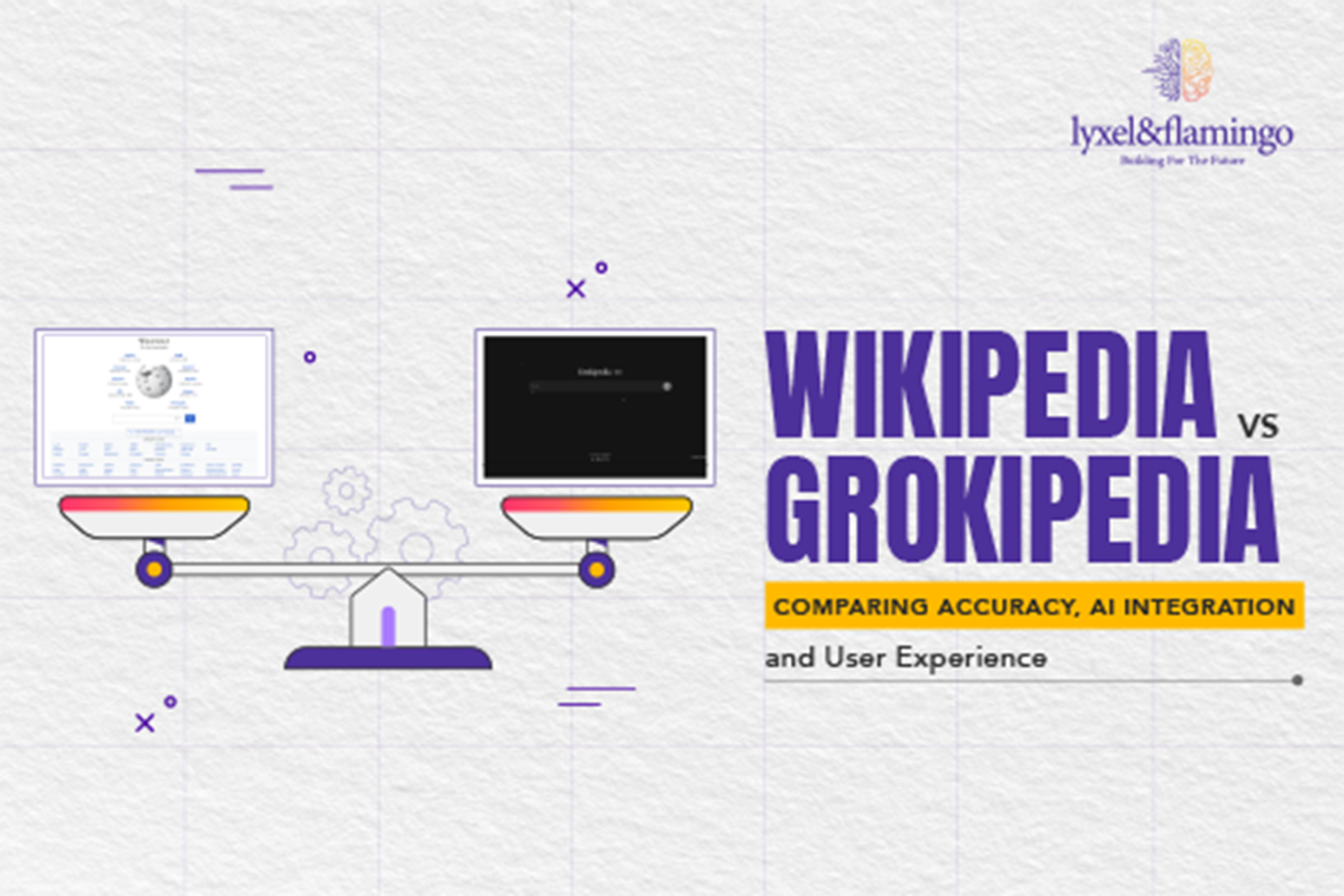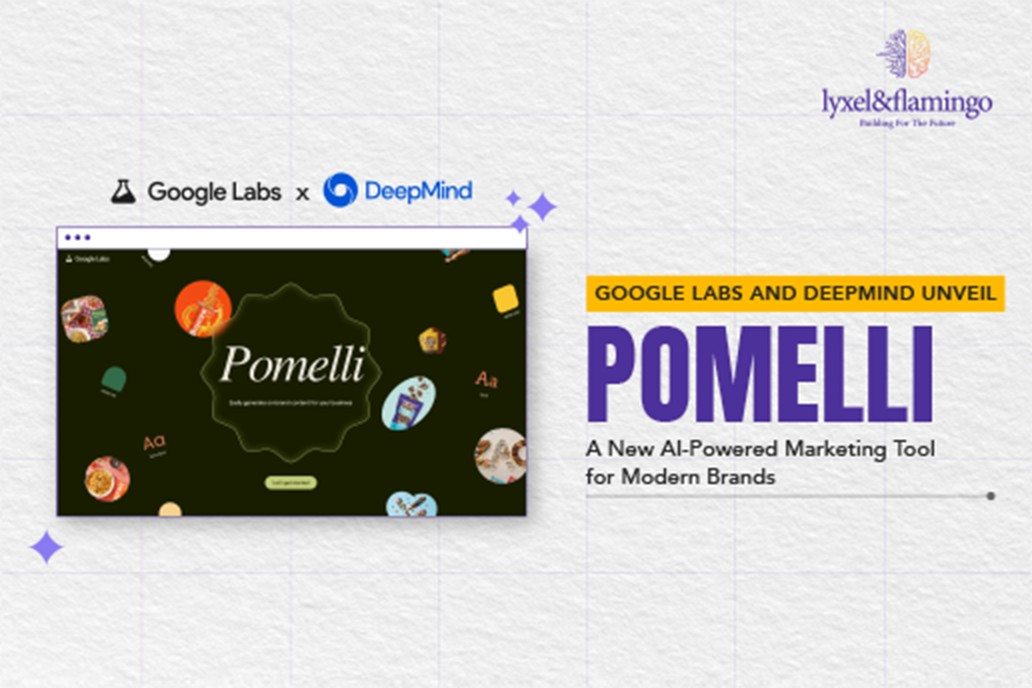When people type your brand name or branded keywords into Google, it’s more than just a search, it’s a signal. Branded search reflects awareness, trust, and intent. It means that users aren’t just looking for generic solutions; they want your business specifically.
Some Thought-Provoking Insights
Sometimes, the best insights come from unexpected places. So, let’s step away from the technical side of branded search and explore something deeply relevant.
The Psychology of Search: Why We Seek What We Seek?
Have you ever stopped to wonder why we search the way we do? Why do certain brands stick in our minds while others fade into digital noise? The answer lies in cognitive bias and behavioral psychology.
- The Mere Exposure Effect
The more we see something, the more we trust that information. This is why brands that consistently put out valuable content become top-of-mind choices when users search.
- Semantic Memory & Brand Recall
Our brains associate certain words, colors, and phrases with brands. Think of “Just Do It” (Nike) or “Open Happiness” (Coca-Cola). Content that reinforces these associations trains the brain to search for a brand rather than a generic keyword.
- FOMO & Social Proof
If everyone is talking about a brand, we instinctively want to check it out. Viral content, influencer endorsements, and online discussions all fuel branded search growth.
Branded Search in the Age of AI: A Shift in Discovery
With AI-powered search engines like ChatGPT and Google’s Search Generative Experience (SGE), traditional search behavior is evolving. Instead of typing keywords, people are asking natural language questions. Brands that provide clear, direct, and authoritative answers will dominate search in the future.
Will branded search become less about keywords and more about “brand conversations” with AI? Maybe. The brands that adapt now will lead the next era of search visibility.
What Is Branded Search?
Branded search refers to any query that includes your company name, product name, or a variation. For example:
- “Lyxel&Flamingo digital marketing”
- “Nike running shoes”
- “Tesla Model 3 review”
This search type is critical because users performing branded searches are further down the funnel. They have either encountered your brand before, trust it, or are ready to make a decision.
Why Does Branded Search Matter?
In digital marketing, where visibility is paramount, branded search stands as a powerful testament to a brand’s resonance with its audience. It’s more than just a search term; it’s a direct reflection of customer intent and brand recognition.
Why does this matter? Simply put, a robust branded search presence translates to tangible business advantages. Reducing your dependency on costly paid ads and gaining a significant competitive advantage are further rewards for cultivating a strong brand identity.
Essentially, when customers prioritise searching for your brand, you’ve established a connection that transcends mere product or service offerings.
This section will delve into the strategic importance of branded search and set the stage for understanding how impactful content marketing and brand-building efforts can drive these valuable searches.
- Higher Conversion Rates – Users searching for your brand already have intent, making them more likely to convert.
- SEO & Brand Authority – The more branded searches you generate, the more Google recognises your brand as an authority, improving your overall search rankings.
- Reduced Dependency on Paid Ads – A strong branded search presence means you’re not always fighting for visibility through expensive PPC campaigns.
- Competitive Advantage – If customers are searching for your brand instead of competitors, you’ve already won half the battle.
Branded search doesn’t happen by accident. It’s the result of strong content marketing and brand-building strategies. Let’s know how you can create content that boosts branded search and makes your brand the one people seek out.
Why Is Content Marketing The Secret Weapon For Branded Search?
Branded search isn’t just about having a recognisable name, it’s about staying top of mind in a crowded digital world. That’s where content marketing comes in.
Think of content as the fuel that drives brand awareness and influences search behavior. When done right, content marketing doesn’t just inform and engage, it creates demand for your brand name in search engines.
This is how content marketing strategy strengthens branded search:
- Builds Brand Authority
- People don’t search for brands they don’t trust.
- High-value content—blogs, whitepapers, reports, and case studies—positions your brand as an expert, making users more likely to search for you by name.
- People don’t search for brands they don’t trust.
- Reinforces Brand Recall
- The more your audience encounters valuable content from you, the more they associate your brand with a solution.
- Whether it’s an insightful LinkedIn post, a YouTube tutorial, or a data-backed industry report, consistent content builds familiarity that drives branded searches.
- The more your audience encounters valuable content from you, the more they associate your brand with a solution.
- Shapes the Brand Narrative
- If you’re not telling your brand story, someone else will.
- Content marketing gives you control over how your brand is perceived, ensuring that when users search for you, they find the right message.
- If you’re not telling your brand story, someone else will.
- Drives Organic Visibility Beyond Generic Keywords
- Traditional SEO focuses on ranking for generic, high-competition keywords.
- Content marketing makes your brand discoverable in unique ways through thought leadership articles, engaging videos, and social media discussions that spark curiosity and lead to branded searches.
- Traditional SEO focuses on ranking for generic, high-competition keywords.
- It Creates a Content Search Loop
- Great content attracts readers.
- Readers remember the brand behind the content.
- Next time they need a solution, they search for the brand instead of generic alternatives.
- Great content attracts readers.
Content marketing strategy is not just about ranking, it’s about being remembered and sought after. However, there are specific types of content that can drive more branded searches for your business. Let’s know further.
Types of Content That Strengthen Branded Search
Not all content drives branded search. To get people searching for your brand specifically, you need high-impact, memorable content that sticks with your audience.
Here are the key content types that fuel branded search growth:
1. Educational Content (To Build Authority & Awareness)
- Blog Posts & Articles – Cover industry insights, trends, and problem-solving guides that establish your brand as a thought leader.
- Whitepapers & Case Studies – Provide in-depth analysis and real-world results that showcase your expertise.
- How-to Guides & Tutorials – Help users solve problems while associating your brand with knowledge and solutions.
Creating robust educational content is fundamental for building brand authority and widespread awareness. By consistently delivering valuable information, you position your brand as a trusted resource, attracting users who are actively seeking knowledge and solutions, and ultimately, driving them to your branded search.
2. Engaging Multimedia (To Improve Retention & Recall)
- Videos & Webinars – Visual content is easier to remember, making users more likely to search for your brand later.
- Podcasts – A great way to build brand loyalty, especially when you share unique insights or industry expertise.
- Infographics & Interactive Content – Visually appealing content gets shared more, increasing exposure and brand recall.
Leveraging engaging multimedia significantly enhances content retention and brand recall.
By capturing attention through diverse visual and auditory formats, you create memorable experiences that encourage users to seek out your brand directly, driving those crucial branded searches.
3. SEO-Optimised Content (To Capture Branded Queries & Drive Traffic)
- Pillar Pages & Topic Clusters – Long-form, comprehensive pages that dominate search rankings and keep your brand at the top.
- FAQ & Comparison Pages – Answering common brand-related queries helps control the search narrative.
- Brand-Specific Landing Pages – Optimised pages make sure when people search for your brand, they find exactly what you want them to see.
A strategic approach to SEO-optimised content is crucial for capturing branded queries and directing valuable traffic.
By meticulously creating content that aligns with how users search for your brand and working towards local SEO strategy, you effectively control the search narrative and make sure potential customers find precisely what you intend them to see, solidifying your brand’s online presence and driving direct, high-intent traffic.
4. User-Generated Content (To Build Trust & Social Proof)
- Customer Reviews & Testimonials – Real-world experiences reinforce credibility and encourage branded searches.
- Community Discussions & Forums – A strong online community leads to more conversations and increased brand searches.
- Case Studies Featuring Clients – Showcasing real results gets people talking—and searching.
By amplifying the voices of your satisfied customers and community members, you create a compelling narrative that resonates with potential customers, encouraging them to seek out your brand directly and experience the value firsthand.
The right mix of educational, engaging, optimised, and user-generated content creates brand affinity, increases visibility, and ensures your brand stays top-of-mind, ultimately leading to more branded searches.
Content Marketing Techniques to Drive Branded Search Growth
Creating content is only half the battle. To drive branded search growth, you need to be strategic about how you create, optimise, and distribute your content.
Here are six powerful content marketing techniques to make your brand more searchable:
1. Build a Unique Brand Voice (Make Your Brand Memorable)
Your brand should have a distinct tone, personality, and messaging that people recognise instantly. Whether it’s witty, authoritative, or bold, a consistent brand voice makes content more engaging and keeps your brand top-of-mind.
Use Case: Brands like Wendy’s have mastered a conversational and humorous social media voice, making users actively search for their latest tweets.
2. Create High-Value Thought Leadership Content (Establish Industry Authority)
People search for trusted sources. When your content demonstrates deep expertise, people start associating your brand with knowledge and searching for it.
- Publish data-driven insights and industry trends.
- Offer exclusive reports, whitepapers, or case studies.
- Write long-form, SEO-rich guides that answer complex questions.
Use Case: HubSpot’s extensive marketing guides have made them a go-to resource, leading to a massive increase in branded searches like “HubSpot content marketing guide.”
3. Optimise for Branded Search Queries (Own Your Search Results)
People are already searching for your brand. Make sure they find the right information. To optimise for brand search queries, it’s important to:
- Identify branded keywords (e.g., “Lyxel&Flamingo content marketing strategy”).
- Create dedicated pages answering common brand-related searches (e.g., “[Brand Name] vs. Competitor,” “Is [Brand Name] worth it?”).
- Use structured data (schema markup) to optimise search results for branded queries.
Use Case: SaaS companies create “Brand Name Pricing” pages because they know users will search for that exact phrase.
4. Leverage Social Media & Community Engagement (Spark Conversations That Lead to Search)
Your content should not just exist. It should start conversations. The more people discuss your brand, the more likely they are to search for it later. To spark conversations, brands can:
- Share snackable, shareable content (short videos, infographics, polls).
- Engage in trending discussions, offering unique perspectives.
- Build a community through Facebook Groups, Discord, or LinkedIn.
Use Case: Tesla’s strategy relies on viral discussions and social media buzz, which drives more branded search than traditional advertising.
5. Collaborate with Influencers & Industry Partners (Expand Brand Mentions)
When influential voices mention your brand, more people get curious and start searching for you. Here’s what is needed to expand brand mentions:
- Partner with industry influencers for guest blogs, interviews, or social media takeovers.
- Feature on podcasts and webinars to tap into new audiences.
- Get involved in co-branded campaigns or collaborations.
Use Case: Nike collaborates with athletes and celebrities, making sure searches like “Nike Serena Williams collection” grow organically.
6. Repurpose & Distribute Content Strategically (Maximise Visibility)
One piece of content can (and should) live across multiple channels. The more places your content appears, the higher the chances of driving branded searches. To maximise visibility, brands can:
- Turn a blog post into a Twitter thread, LinkedIn post, and Instagram carousel.
- Convert webinar insights into short YouTube clips and TikTok videos.
- Reshare evergreen content regularly with fresh updates.
Use Case: A single TED Talk becomes a blog, podcast, YouTube video, and viral quote, all leading back to TED’s branded search growth.
The Bottom Line
Branded search isn’t just about SEO, it’s about making your brand so valuable, visible, and memorable that people actively seek it out.
By implementing these content marketing techniques, you’re not just increasing organic traffic, you’re owning your brand’s search presence and outpacing competitors.
What’s Your Brand’s Search Legacy?
In a digital space where attention is the most valuable currency, the real question is: Will people search for your brand in 5 years?
The answer depends on how well you tell your story today. If you want your brand to be the one customers actively search for, you need a data-driven, creative, and forward-thinking approach.
Contact Lyxel&Flamingo today for digital marketing and other local SEO optimization services that fuel branded search growth and put your brand ahead of the competition.
